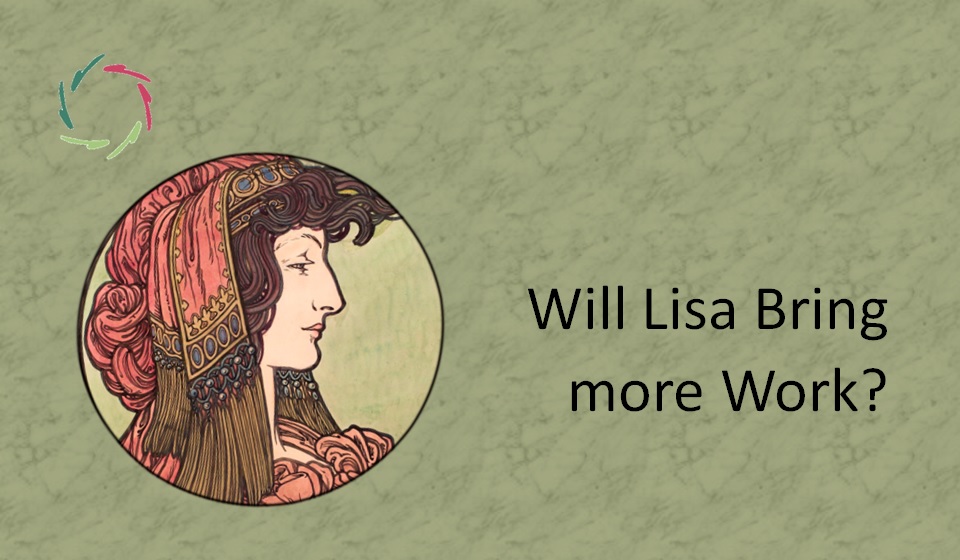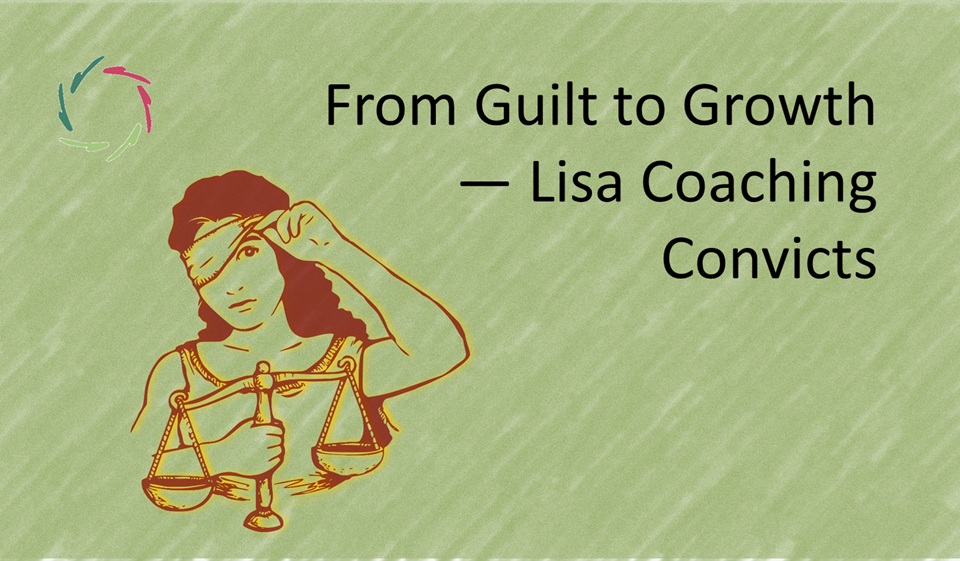Lisa Pitching Lisa

Pitching Lisa can answer all kinds of questions about the Lisa project, pretty much what a financier can ask. Lisa tends to give short answers. You can always aks for additional (short) answers on your further questioning. To talk with Pitching Lisa, click here.
Below are a number of example questions, but you can really ask anything, such as “Where will the money come from?” It’s very broad, but this is of course still at the POC stage and certainly not AURELIS coaching.
Example questions
- How does Lisa differentiate itself from other mental health AI solutions?
- What is the target market for Lisa?
- How large is the market for AI-driven mental health solutions?
- What technological innovations does Lisa utilize?
- How secure and private is the data handled by Lisa?
- What is the business model for Lisa?
- What is the expected return on investment (ROI) for financiers?
- What measurable outcomes can users expect from using Lisa?
- How does Lisa contribute to overall societal well-being?
- What are the future development plans for Lisa?
- How scalable is Lisa, and what is the plan for scaling up?
- How is the Lisa project conform to Ethical and Responsible AI norms?
- Expand upon the philanthropical side of the project.
- What is the competitive landscape for AI-driven mental health solutions, and how does Lisa stand out?
- Can you provide evidence or case studies demonstrating Lisa’s effectiveness?
- How does Lisa integrate with existing healthcare systems and technologies?
- What are the potential risks and challenges in developing and scaling Lisa?
- How does Lisa handle cultural and linguistic diversity in its coaching sessions?
- What are the credentials and expertise of the team behind Lisa?
- How do you plan to ensure ongoing innovation and improvement in Lisa’s capabilities?
- What partnerships or collaborations are in place or being pursued to enhance Lisa’s development and reach?
- How do you measure the success of Lisa in achieving its goals?
- What is the financial outlook for the Lisa project, including projected revenue and growth milestones?
- How does Lisa address the issue of user engagement and retention?
- How is user feedback incorporated into Lisa’s development process?
- What strategies are in place to ensure the ethical use of AI in Lisa?
- How does Lisa handle data privacy and security?
- How scalable is Lisa, and what is the plan for scaling up?
- What marketing strategies will be employed to promote Lisa?
- How does Lisa foster user self-reliance and empowerment?
- What role does Compassion play in Lisa’s approach?
- How does Lisa leverage advanced AI technologies to enhance user experience?
- What are the long-term goals and vision for Lisa?
- How does Lisa ensure user adherence to mental health programs?
- How does Lisa handle comorbid conditions in users?
- What is the expected timeline for Lisa’s development and rollout?
- How does Lisa plan to address different age groups, from children to the elderly?
- What is the strategy for Lisa’s global expansion?
- How does Lisa support professional development and leadership training?
- How does Lisa stay up-to-date with the latest research and advancements in mental health and AI?
- How does Lisa contribute to reducing the stigma associated with mental health issues?
- How does Lisa plan to integrate with wearable technology and other health monitoring devices?
- Is Lisa also an executive coach?
- Is Lisa also a burnout coach?
- Is Lisa also a chronic pain coach?
- Is Lisa also a depression coach?
- Is Lisa also a losing weight coach?
- Is Lisa also an opioid addiction coach?
- Is Lisa also a stress coach?
- Is Lisa also a quit smoking coach?


